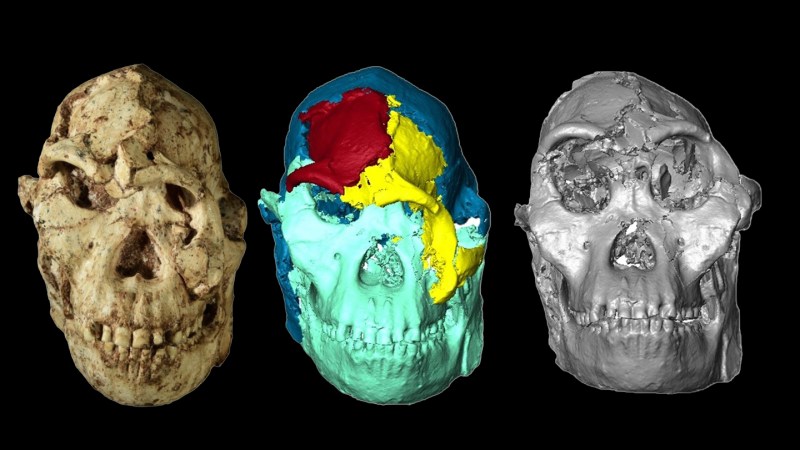
How can galaxies merge if the everything in the universe is moving apart?
How is it that galaxies merge and collide but the universe is expanding and everything is moving away from everything else? Justin HammersleySterling Heights, Michigan Whether or not galaxies merge depends on how strong the gravitational attraction is between the galaxies and whether the universe’s expansion is more powerful than gravity. Gravity affects everything in Continue reading "How can galaxies merge if the everything in the universe is moving apart?" The post How can galaxies merge if the everything in the universe is moving apart? appeared first on Astronomy Magazine .














